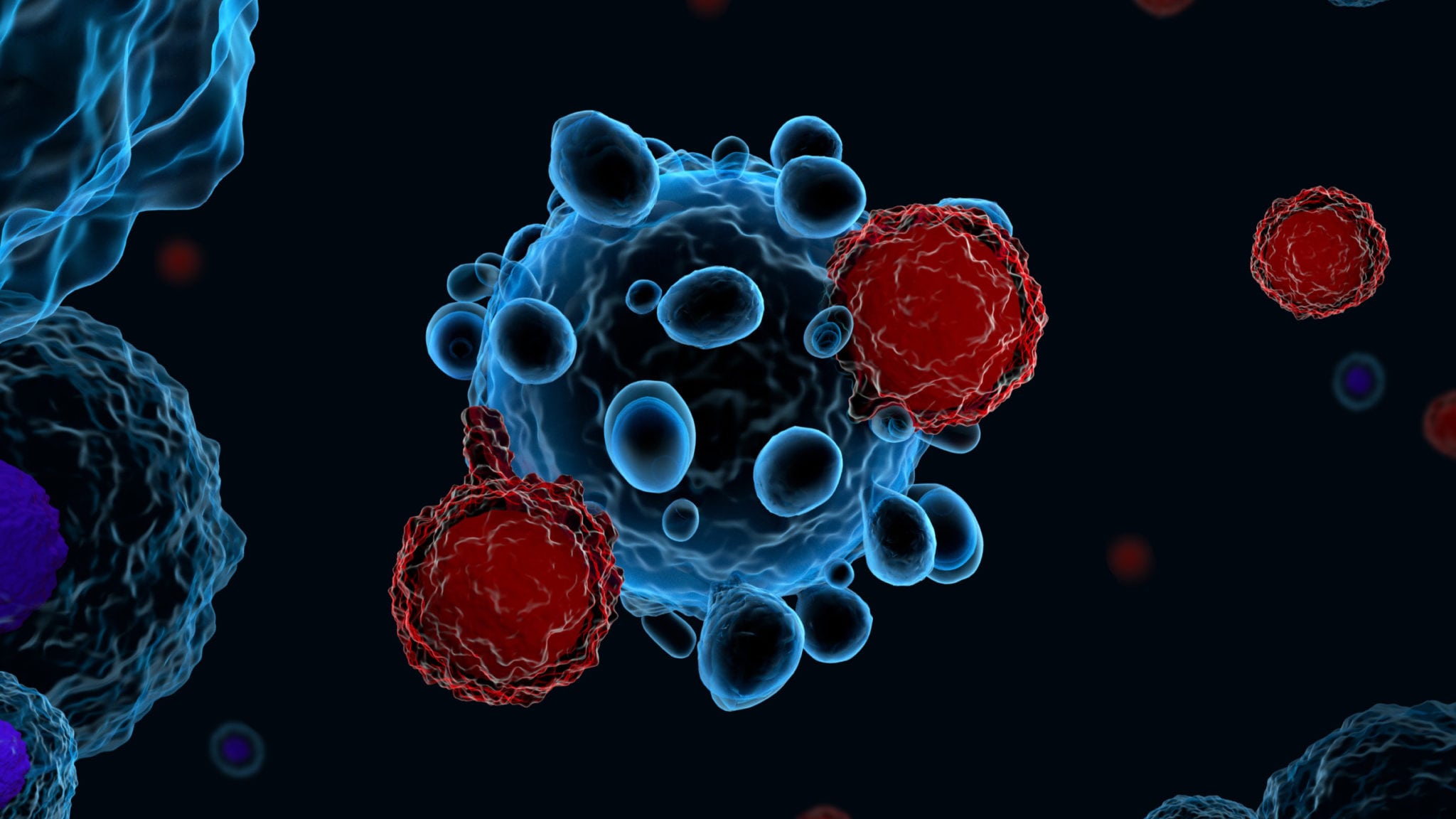
Resistant to CAR-T therapies? It's the cancer, not your immune system — study
Safety concerns and manufacturing shortcomings aside, existing CAR-T therapies — Novartis’ Kymriah and Gilead’s Yescarta — simply don’t work in 10% to 20% of patients with B …
Sign up to read this article for free.
Get free access to a limited number of articles, plus choose newsletters to get straight to your inbox.